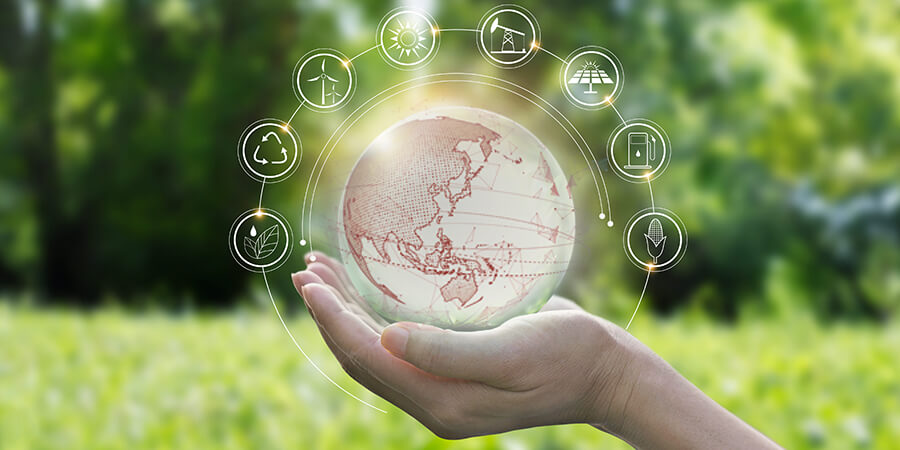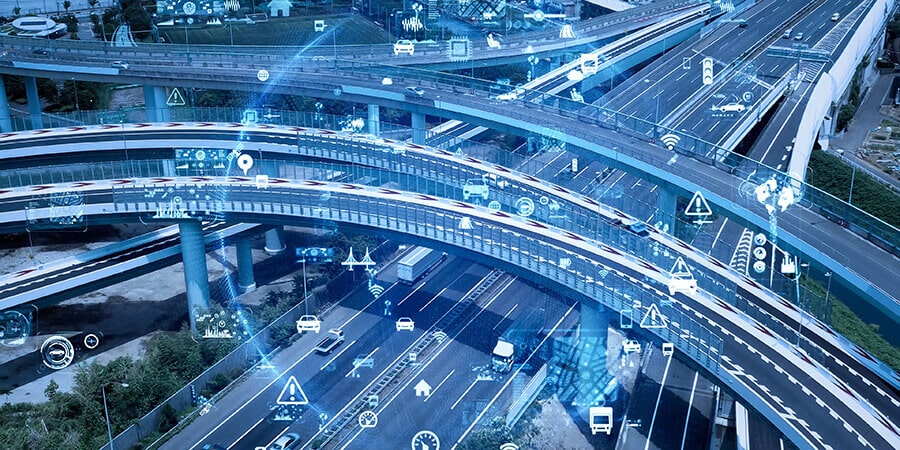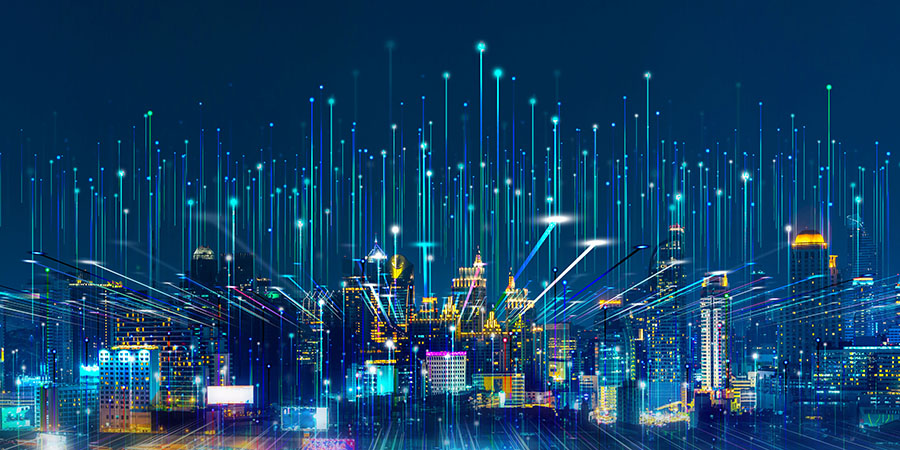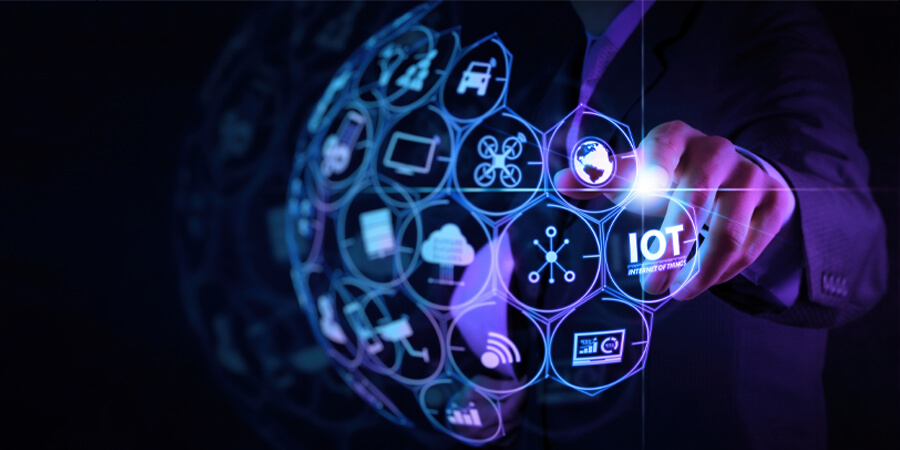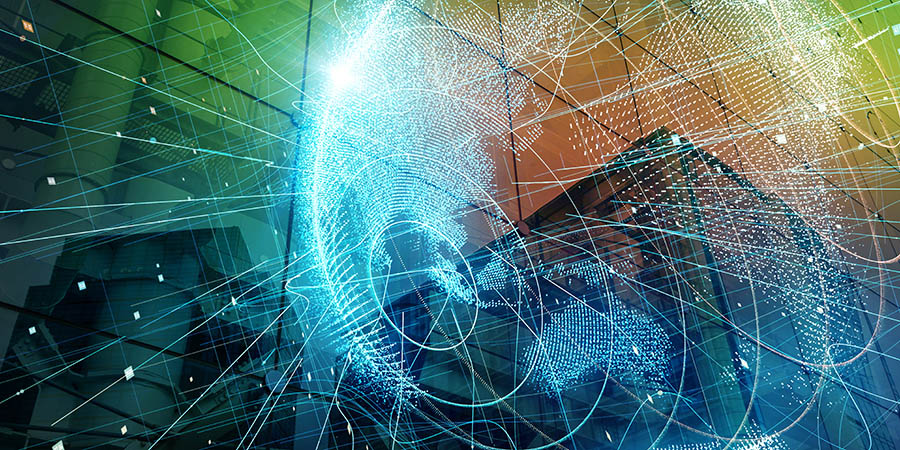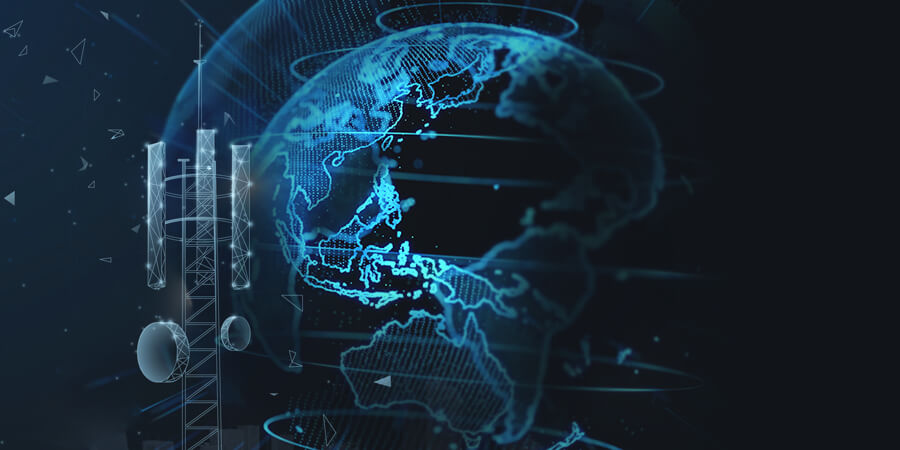Cloud technology stands as a pivotal driver of innovation, efficiency and adaptability in the digital era, proving to be a scalable and cost-effective way to do computing as organizations pursue growth.
Featured Articles
Powering Sustainable Development: Green Technology Initiatives in Asia
Industrialization, brought about by the rapidly evolving technological and economic progress in Asia has come at a cost. Namely, in the form of pollution, resource depletion and global warming. In today's world, with a heightened focus on environmental issues, organizations in Asia are increasingly moving towards embracing green technology and sustainable practices. In the pursuit for environmental sustainability, companies need to adopt eco-friendly technology. Sustainability has evolved into a key focus for many businesses to reduce their negative effects on the environment and boost their productivity and competitiveness.
Empowering Indonesia: The Impacts of a Successful Merger
Telecom Review Asia recently presented its first-ever webinar titled "Empowering Indonesia: The Impacts of a Successful Merger," which brought together distinguished speakers to shed light on the groundbreaking merger of Ooredoo Group and CK Hutchison to form Indosat Ooredoo Hutchison, along with the resulting impact on the dynamic Indonesian telco sector.
Navigating the Future: Technology-Driven Transportation Infrastructure in Asia-Pacific
The Asia-Pacific region, known for its vast and diverse landscapes, is undergoing a monumental transformation in its transportation infrastructure. From bustling metropolises to remote rural areas, technological advancements are driving a revolution in mobility and connectivity. The convergence of innovation, investment and sustainability is shaping a future where transportation becomes more efficient, accessible and environmentally friendly.
Diving Into the Future: The Evolution of Sustainable Submarine Networks
How energy efficiency, reduced carbon footprints and an optimized submarine cable lifecycle contribute to sustainability
Telco Transformation: Journey Towards Becoming a Techco
Major telecommunication providers across the globe are undergoing radical change due to the dynamic nature of the modern, corporate world. These companies are broadening their identities from being traditional telcos to evolving into "techcos." This shift enables them to stay current and flourish in the digital age. For continued success, this transformation represents more than just a name change. This development has significant implications for the business strategies, customer relationships and operational procedures of these organizations.
The Age of IoT: How Increased Connectivity and Investment Will Strengthen Asia Pacific
The Internet of Things (IoT) has emerged as a ground-breaking technology that affects how various industries operate. In Asia, IoT has been experiencing steady growth. A report by the International Data Corporations (IDC) forecasts that IOT spending in the Asia-Pacific region will reach $277.5 billion this year, an 11% growth since 2022. Demand for remote operations, supply chain efficiency, commercial 5G and digital footprint are boosting regional IoT adoption.
Uncovering the Digital Maze: IoT and Data Forensics in the Asia-Pacific
In a world where technology is constantly evolving, the Asia-Pacific region is at the forefront of a digital revolution. The Internet of Things (IoT) has become increasingly prevalent, leading to significant changes in digital evidence collection and forensic investigation. This advanced technology, combined with the vibrant societies of Asia, presents both new challenges and opportunities in the field of digital forensics.
Telecom Industry Dynamics in Q2 2023: EBITDA, CAPEX and ARPU Trends
Twimbit recently analyzed the combined EBITDA margins of the top 20 global telecom companies. The report it produced focuses on the performance of Bharti Airtel, Deutsche Telekom, Ooredoo, Singtel, Telenor and Vodafone Group within this context.




